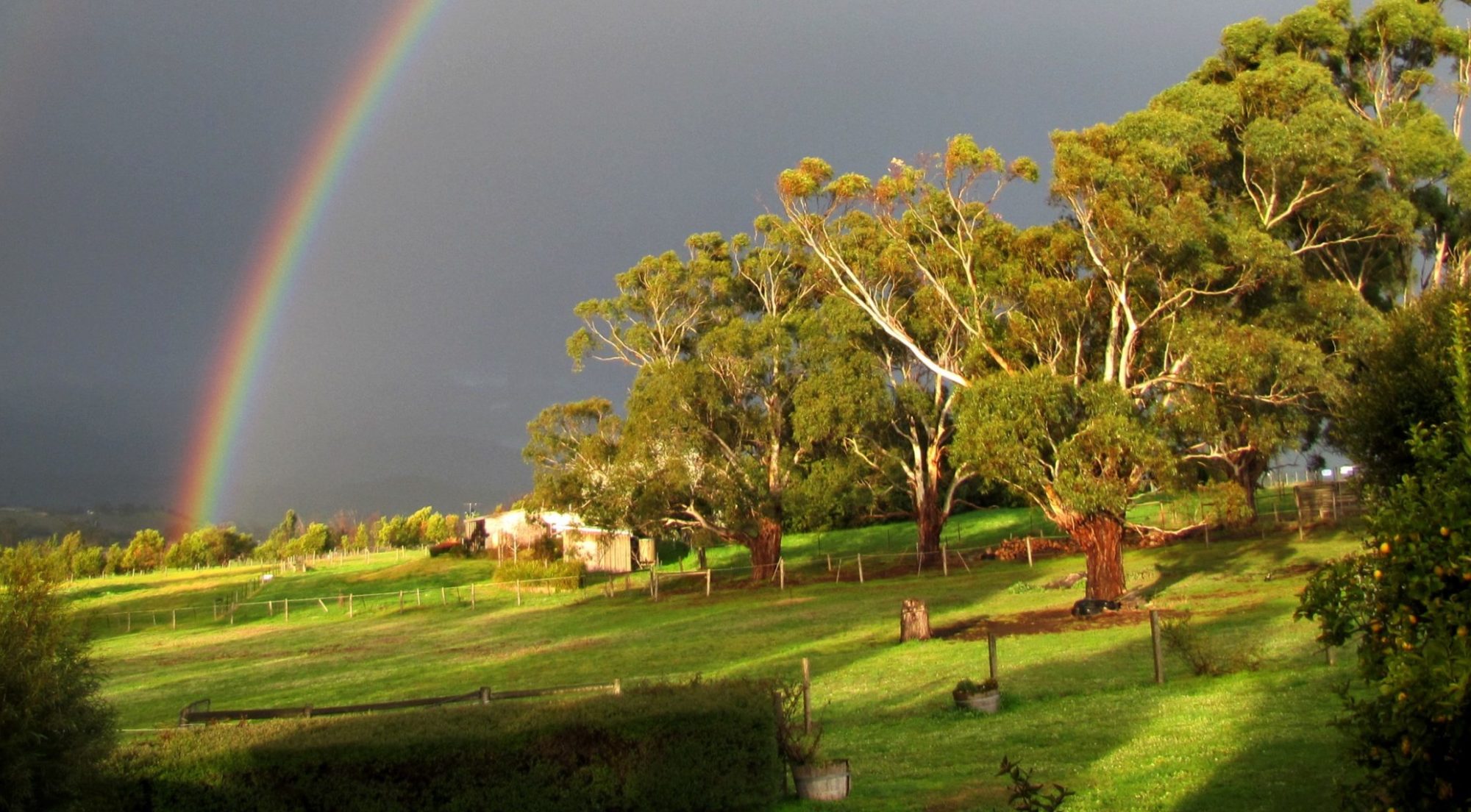
To my mind the story of The Annunciation has to be one of the most powerful in the Bible. Here was a young early teenager, engaged to marry Joseph, a widower, alone in her mother’s house, when she was confronted by the archangel Gabriel. If he came with wings and feathers, as we understand is the standard garb for angels, then she would surely have been frightened. It’s my guess he was dressed in the generally accepted local attire.
Gabriel was definitely a smooth talker, because he managed to successfully pass on to Mary God’s blessings and presented his message in a clear enough fashion for Mary to understand that she had been chosen by God to be the mother of Jesus. Having got over the initial shock, she was able to question Gabriel, telling him she was still a virgin and had not yet moved in with Joseph. Gabriel, of course, had all the answers and amazingly this courageous young lady was totally convinced of Gabriel’s authenticity and agreed to let the plan happen.
Now seriously, if your thirteen year old daughter came to you and told you this story, then said she was pregnant yet still a virgin, you would have to question as to what she was ‘on’. I guess she sent a message to Joseph that said, ‘Joseph, we have to talk.’ I sometimes wonder where humankind would be today if Mary had said ‘no’?
I see Mary as a wonderful example for us to follow should we question how to respond to what God wants of us in our lives.
Meanwhile Joseph had an angelic visit himself and realised the role he would be taking in supporting Mary and their son. Luke beautifully outlines Mary’s visit to her cousin Elizabeth, who was six months pregnant with St John the Baptist (Luke 1: 39-56). Elizabeth tells Mary she is blessed because she believed that what the Lord wanted of her would truly happen. Mary’s response has given us one of the most powerful of all prayers, the ‘Magnificat.’
Joseph and Mary’s adventures begin even before Jesus is born. They had to travel from Nazareth to Bethlehem, a distance of 156 km., to satisfy the census taker with the heavily pregnant Mary seated on a donkey. This must have been a very uncomfortable journey for her. Once having arrived at their destination, they then had to use a shepherd’s cave as the place where the Son of Man was born.
They escaped to prevent Jesus from being slaughtered following a directive from the jealous King Herod and when they presented Jesus in the Jerusalem Temple they were met by a Spirit filled man called Simeon, who predicted that a sword would pierce Mary’s very heart. At the time, Mary wasn’t sure what form this might take. As we know, the future was to bring that prophecy to fruition.
Any mother who has ever lost a child knows the terror that you suffer while you search. Mary and Joseph lost Jesus when he was 12. Mary was distraught. In her mind she knew she had been given the responsibility no other woman would ever be given and no doubt she suffered a deep sense of failure as a mother. She would have also felt she had failed in her duty to her God. It took three days to find the young Jesus. Three days that must have been hell for both Mary and Joseph.
When they found him alive and well conversing with the priests in the Temple, Mary’s grief turned to joy but she found it hard to understand that at such a young age Jesus had commenced to ‘be about his Father’s business.’
Jesus spent over 90% of his earthly life with Mary. While Joseph taught him the carpenter’s trade, there is no doubt both Jesus and his mother developed a wonderful understanding relationship. This became obvious at the marriage feast in Cana when Mary just said to Jesus “they have no wine.” Even though he made her aware that he wasn’t ready to come out into his public life, he knew what she wanted and could not deny her. With the result that he performed the miracle that changed the water into wine.
Mary, the dutiful mother, was among Jesus’ followers as he gathered disciples around him and moved from place to place spreading the Good News. At one place, a woman cried out “Blessed is the womb that bore you.” Jesus’ response was one we can all take comfort from. He said, “Still happier are those who hear the word of God and keep it.” (Luke 11:27)
Mary, along with other women, were beside the road leading up the hill of Calvery on that fateful Friday. Like every mother, she felt the pain being experienced by her son. She too suffered when she saw him fall under the weight of the cross he was forced to carry. She experienced the agony she could see on his face. She knew her son was suffering through this for all humanity, but it still didn’t relieve the pain for her. When Mary saw the soldier ram his lance up through her son’s ribs, this action for her fulfilled the prophecy that a sword would pierce her heart.
Mary stood at the base of the cross as her Son asked the disciple whom he loved to take care of her. We can become that disciple ourselves by loving His mother. If we try to understand more fully the close relationship that existed between Mary and her son, I think it will help us develop a deeper relationship with Jesus.
She was there when Jesus breathed his last breath. I can envisage she waited as her son was removed from the cross. His bloodied body was carefully laid on the ground and she knelt beside him and gently touched his cheek. Her sister and Mary Magdalene beside her were crying and as a mother she also cried.
Mary reached out and with her fingers she gently closed her son’s eyes.
I’m Peter mack and that’s how I feel.
